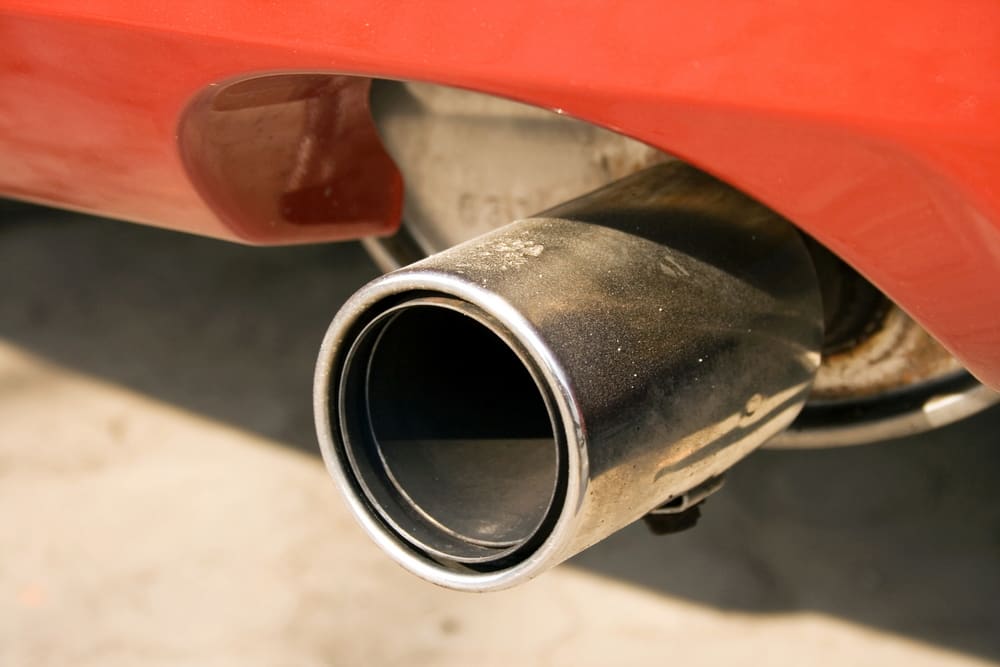

If you work in Nevada and want access to more automotive technician jobs – and a better paycheck – one way to accomplish both is to become a smog technician. Below, we’ll cover what this job entails and how to become certified.
What being a smog technician involves
Nevada is one of a number of states that has made rules about the emissions produced by their residents’ vehicles. This is because its air quality falls short of the standards put forth by The Clean Air Act of 1970.
The Nevada Emissions Control Program is overseen by the Nevada Department of Motor Vehicles and handles:
Which vehicles must be tested
How a vehicle is to be inspected
Applying waivers to vehicles that fail
As you can probably tell, this is something the DMV takes very seriously, which is why you can look forward to a greater auto mechanic salary if you become specialized in this area. Recall that its Congress that demands every state meet certain requirements, so the authorities in Nevada have every reason to ensure residents’ vehicles are acceptable.
Becoming certified as a smog technician
To become certified in Nevada as a smog technician, you’ll need to take a class on the rules and regulations enforced by the Silver State. Upon completion, you’ll be administered a test which you must pass with a score of at least 80%.
Unlike other classes you can take to find more auto mechanic jobs, this one is actually fairly extensive in terms of the material you must review. You will definitely need to become familiar with the following:
The Federal Clean Air Act of 1970 which will detail the Nevada regulations for Vehicle Emission Inspection
Nevada Revised Statuses (NRS) 445B.705 which will explain what an approved inspector is expected to do
Nevada Administrative Codes: 445B.4096, 445B.4098 and 445B.460 which will explain the two different categories of certified smog technicians in Nevada. In case you’re wondering, the main difference between class 1 and class 2 inspectors is that the latter is legally approved to diagnose problems. The former can only address them and apply solutions. Obviously, you’ll be eligible for more automotive technician jobs as a class 2 inspector (and enjoy a higher auto mechanic salary), but the choice of which to pursue will come down to personal preference.
Finally, you will also need to complete an outside training course that covers the basics of vehicle emissions controls. The State of Nevada publishes a list of approved companies that provide this course every year.
You are exempt from this requirement, though, if you have passed either the L-1 Advanced Automotive Engine Performance or the A-8 Automotive Engine Performance courses administered by the National Institution for Automotive Service Excellence.
Once you have gone through all of the above and passed your test, the analyzer manufacturer will provide you with a training certificate that confirms you are proficient in working as a smog technician and adjusting and operating the gas analyzer equipment as necessary in order to obtain the desired rating or ratings on a vehicle.
While you may still wish to pursue other fields as a mechanic, having this certificate will definitely improve your job security and salary.
If you’re already a certified mechanic and you’re interested in working with YourMechanic, submit an online application for an opportunity to become a mobile mechanic.



